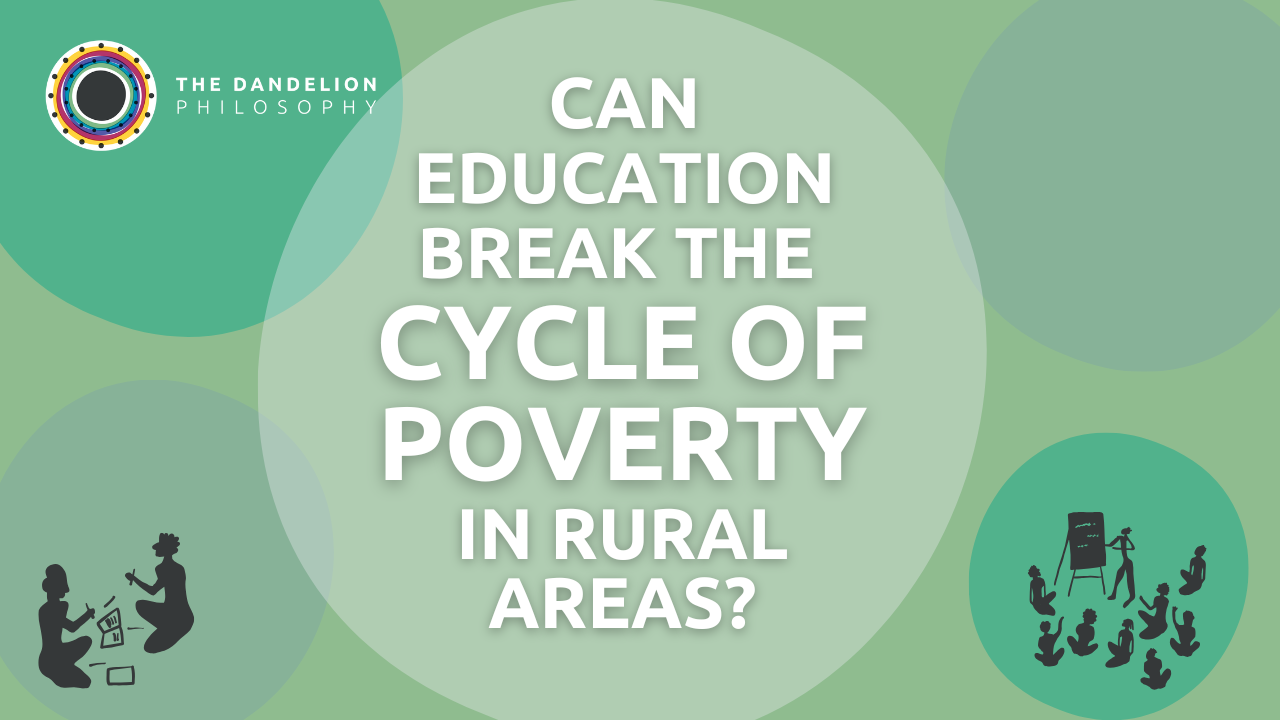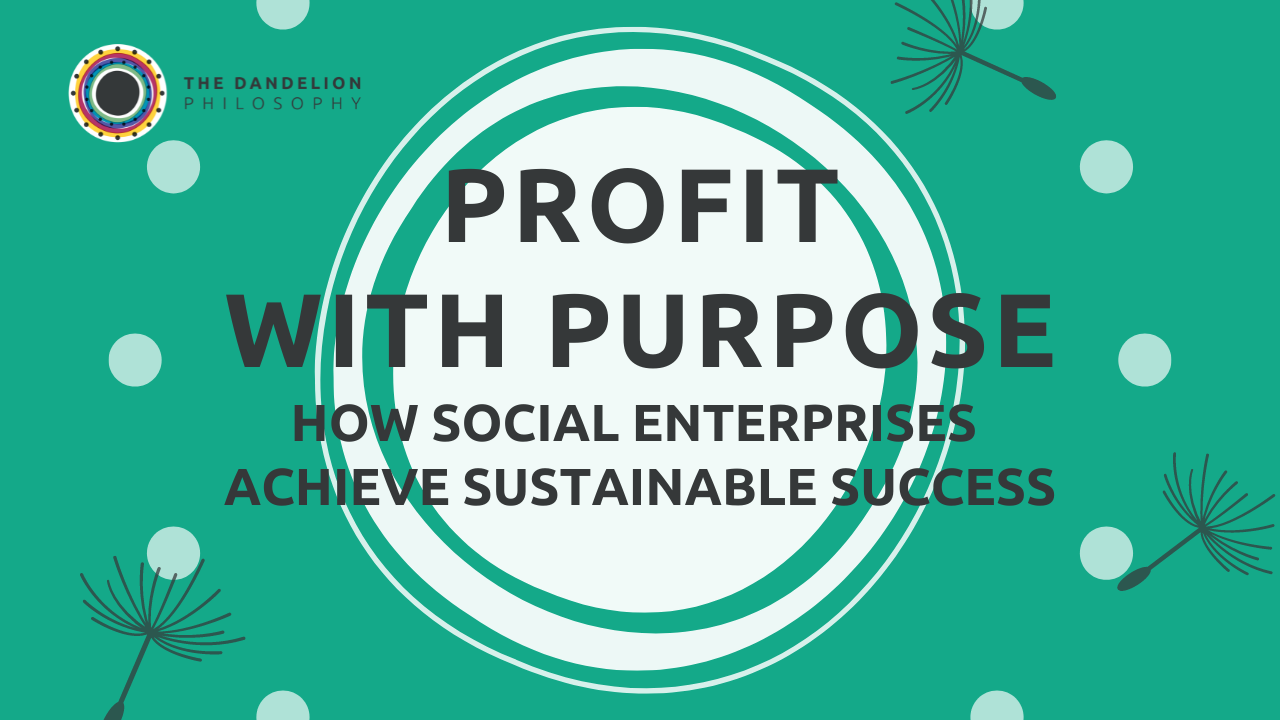- Sustainable Philanthropy
- Social Enterprise
- Healing
- Community Empowerment
- South Africa
- Social Impact
- Sustainability
- Give Back
- Volunteering
- Cambridge Village
- Healing Hub
- Social Change
- Trauma Healing
- Women's Empowerment
- Empowerment
- Gender Equality
- Addressing Inequality
- Intergenerational Trauma
- Charity
- Giving

Can Education Break the Cycle of Poverty in Rural Areas?
Imagine a child in a rural village, walking miles each day to attend a school with limited resources. For many in these communities, education is not just a right—it’s a lifeline, capable of breaking the cycle of poverty and unlocking opportunities for a brighter future. Rural communities play a crucial role in achieving global development goals. Through agriculture, they contribute to food security; by supporting local economies, they create jobs; and through responsible resource management, they promote environmental sustainability. Yet these communities face significant challenges, including high poverty levels and limited access to quality education.

The Need for Sustainable Practices
The call for sustainable living reverberates louder than ever in our modern era. Whether we make eco-friendly choices in our daily routines or collectively address pressing environmental issues, sustainability has become a shared responsibility. From the disruptive impacts of industrialisation to the interconnected challenges of climate change, poverty, and food scarcity, addressing these complex environmental and social issues is a shared responsibility that urges us all to take action now.

Profit With Purpose: How Social Enterprises Achieve Sustainable Success
The Dandelion Philosophy is a global social enterprise driven by a desire to create lasting and positive change across the globe. We operate through a sustainable financial growth model that promotes philanthropy through profit generation, with an ethical legacy-focused approach to our work. As the popularity of social enterprises starts to grow, it is important to explore why this shift in the charitable sector is so monumental and how it is revolutionising the way we think about social change, whilst considering how The Dandelion Philosophy’s structure aids sustainable success.

Growing a Better World: The Impact of Sustainable Agriculture on Our Future
At its core, sustainable agriculture is about creating change—not just for the environment, but for communities. As the global population continues to grow and natural resources become increasingly scarce, sustainable agriculture is becoming more and more essential. This type of agriculture relies on methods that are ecologically sound, such as integrated pest management, organic farming, conservation, agriculture, and agroforestry. Not only can it help reduce pollution, and the negative effects of monocultures on soil health, but it can also provide food security in developing nations around the world.

Social Enterprises as a Model for Change
Social enterprises have the potential to create significant change and transformation in our world. They employ a range of strategies such as creating new products and services, forming partnerships with corporations and other organizations, and investing in public initiatives that address social issues. Truly robust social enterprises, like The Dandelion Philosophy, offer new hope by addressing a number of challenging societal issues.

